
Find out what is generating hair loss before buying expensive remedies. Hair loss can indicate severe disruptions in the organism, improper diet, and care. And even if there are no such problems, it is still essential to know how to keep your chevelure and scalp healthy. How to do it, experts answer.
Table of Contents
- Hair Loss: What's The Norm and What's The Problem?
- Hair loss is a cyclical process
- The reason for the fallout may be temporary
- The onset of menstruation in women
- Hair Loss Myths
- If you wash your hair less often, your hair will fall out less
- If you make masks for hair growth, then the loss will stop
- There are working methods on how to stop hair loss quickly
- How to Stop Shedding Hair at Home?
- Get tested
- Take care of the normalization of the regime and diet
- Get the right care
- Protect your hair from the environment
- What Else Can Cause Hair Shedding?
- The Most Common Causes of Premature Hair Loss
- Can You Slow Down or Stop Hair Shedding?
- Health Starts from Within: How to Stop Shedding Hair?
Hair Loss: What's The Norm and What's The Problem?
Do women often wonder how to stop hair shedding? “There’s no question about it - hair-loss syndrome is still a challenge,” says Doug Cottam. - Let's look at when hair shedding is normal and when it is worth taking action.
Hair loss is a cyclical process
Hair loss is a cyclical process that starts every three to four months. During these periods, hair loss increases, chevelure follicles are renewed. Watch yourself, and you will notice that small new hairs appear on the head after a robust and active shedding.
The reason for the fallout may be temporary
Usually, 150-300 hairs fall out every day. The reason for the fallout may be temporary, such as the sun. Sunbathing or bare-headed sunburn also burns your scalp. The hair that is already at the aging stage is removed when you have a superficial burn, along with the stratum corneum. Therefore, about a month after vacation in the active sun, hair falls out more. How to stop shedding hair in this situation? Always cover your scalp and wear hats in the sun.
The onset of menstruation in women
Another critical period is the onset of menstruation in women, at which time hair loss also increases. All of your female hormonal problems affect hair health. You need to understand the health of your body to stop hair shedding.

Hair Loss Myths
It's time to take drastic measures if you notice that more hair remains in the bathroom drain and on the comb, and the hairstyle has lost volume. Hair loss is a very common problem that needs to be dealt with.
How to stop hair shedding? There are many effective ways to prevent hair loss; the main thing is to start on time before the hair loss becomes too noticeable. You can use false hair while you are taking steps to stop hair loss. Moreover, they can perfectly mask the lack of volume in your hairstyle.
If you wash your hair less often, your hair will fall out less
Hair does not fall out from washing, so the frequency of water procedures does not affect this process in any way. The only difference is that if you wash your hair every day, then the loss will be small. Accordingly, if you do this once or twice a week, more hair will appear in the drain each time. Do not worry about the number of hairs that have fallen out while washing your hair.
If you make masks for hair growth, then the loss will stop
You should understand that no natural remedy can compare its effectiveness with a concentrated substance obtained in the laboratory. Therefore, it is better to use professional products to stimulate hair growth. Moreover, self-medication can only harm in cases where medical reasons cause loss. If you notice abnormal hair loss, it is better to be examined not to trigger the disease.
There are working methods on how to stop hair loss quickly
It can restore the lost volume in a few weeks with neither medical cosmetics, vitamins, nor professional procedures. The hair that is falling out now is a consequence of a process that began several months ago. It will take 3-6 months to eliminate the causes and stimulate new hair growth. You need to prepare for this and not wait for miracles mentally.

How to Stop Shedding Hair at Home?
Can you stop hair loss on your own? It is worth trying to influence the problem. These measures will not be worse, and they can be combined with any treatment program.
Get tested
First of all, you need to exclude serious health problems and choose the right vitamins. Typically, a doctor will prescribe research referrals. Most likely, the list of mandatory tests will include a general and biochemical blood test, a check for thyroid hormones, indicators of levels of iron, hemoglobin, ferritin, vitamins D, B9, B12.
Take care of the normalization of the regime and diet
The golden rules of a healthy lifestyle are minimizing stress, getting enough sleep, monitoring the completeness and regularity of nutrition. If you follow them regularly, how to stop severe hair loss may not arise in the future. You can try taking a multivitamin complex, but it's better to choose it with your doctor, based on the test results.
Get the right care
Choose specialized products to stop hair shedding. You will need a shampoo for hair loss and a conditioner balm of the same action. It is also worth including in the care program special stimulating serums and scalp massage. Apply nourishing and moisturizing products to your hair regularly to help reduce breakage. Moreover, home care is best consolidated with stimulating salon procedures 1-2 times a month.
Protect your hair from the environment
The scalp should be covered from the sun not to get burned, so be sure to wear hats in summer. Applying a particular product with protection against ultraviolet rays along the hair’s entire length in resorts is advisable. In winter, hypothermia threatens the hair follicles, so you should not go outside without a hat. It is better not to use hair dryers. If you can't refuse them at all, dry your hair at the lowest temperatures.

What Else Can Cause Hair Shedding?
Periodic hair loss is a natural process and a necessary part of the body's renewal. In the life of any hair follicle, there is a particular cycle, the sequential repetition of three phases:
- Anagena is the stage of active growth. Hair follicle cells and melanocytes are actively dividing, forming hair, which continually increases in length. The duration of this phase is two to three years.
- Catagena, this is the regression stage. Hair nutrition decreases; the follicle begins to dry out and atrophy. Hair stops growing but remains in the thickness of the skin. The duration of this phase is about two to three weeks.
- Telogen is the resting stage. The hair follicle, along with the hair, begins to move to the skin’s surface gradually. This phase lasts about three months.
After a while, a new hair follicle forms, and the cycle repeats. The duration of the phases of this cycle determines the maximum length at which the hair grows.
Every day, a healthy person loses about a hundred hairs in the telogen stage. In people over 50, the rate of daily hair loss increases to 200 pieces.
Usually, in healthy people, up to 90% of hair is in the stage of active growth, up to 2% in an intermediate state, and up to 15% at rest. If for some reason, the ratio between the number of hairs in one or another phase of the life cycle begins to change in favor of the resting phase, then the hair starts to thin.
The Most Common Causes of Premature Hair Loss
Increased hair loss is most often a sign of a change in the body’s general status, and there are not enough care products to correct it.
- Stress is a common cause of hair loss. Moreover, stress disrupts the body's normal hormonal balance. The stress hormones adrenaline and cortisol begin to be actively produced, which, by combining their effects, transfer the hair to the telogen phase. Stress contributes to premature arrest of hair growth and hair loss.
- Hypersensitivity of hair follicles to dihydrotestosterone, a derivative of the male sex hormone. It is the leading cause of androgenetic alopecia, which, alas, occurs not only in men but also in women. After all, both of them in the body have both female and male sex hormones; the only difference is in their ratio.
- Malnutrition, vitamin, and mineral deficiencies also lead to hair loss. To build hair, proteins, vitamins, and minerals are needed, which regulate all metabolic processes in the body. It is generally known that the first sign of iron deficiency is dull and brittle hair. Similarly, the body can react to the lack of other nutrients.
- Inflammatory processes on the scalp. Seborrheic dermatitis, other fungal infections, psoriasis, eczema are the causes of hair loss and low hair growth.
- Hormonal changes in the body. Many women are intimidated by profuse hair loss three months after childbirth, although this is a normal reaction to a sharp variation in hormone levels. In pathological situations, the cause of increased hair loss can be impaired thyroid function.

Can You Slow Down or Stop Hair Shedding?
No number of rejuvenating shampoos and masks can reduce hair loss. The shampoo has been on the head for too short a time to be beneficial. Its primary purpose is to remove excess sebum, desquamated epidermal scales, and dust.
Masks remain on the hair a little more, but they, as a rule, are unable to penetrate the thickness of the skin by more than five millimeters. At this depth, the hair follicles are located. After all, the skin is needed precisely in order not to pass harmful substances through itself.
A noticeable effect can be provided by unique solutions applied to the scalp, after which a massage is usually performed. Moreover, particular substances are added to such funds that allow them to penetrate deep into intact skin. The massage performed afterward improves blood flow in the scalp area and, consequently, the hair follicles’ supply of nutrients.
Topical treatments can reduce hair loss even if scalp inflammation is the cause.
Health Starts from Within: How to Stop Shedding Hair?
Fight hair loss from the inside out. And therapy should begin with the use of specialized complexes that contain vitamins and unique components that help prevent hair loss.
A lack of vitamin B5 can lead to impaired hair rise and premature graying. Copper deficiency causes similar disorders. Hair loss and flaking of the skin occurs with a lack of vitamin A, biotin, zinc. The classic signs of a lack of iron in the body are fragility and hair loss, thinning and brittle nails.
Hypovitaminosis is rarely due to a lack of only one vitamin since the metabolism is interconnected. It is rather challenging to choose the optimal ratios and dosages independently.
Therefore, it is ideal to select a balanced vitamin and mineral complex to prevent hair loss and improve hair growth. Unique components help wake up the hair follicles and protect the hair from harmful effects for a greater effect.
For more great tips on hair health visit JuvaBun!
Read Also:

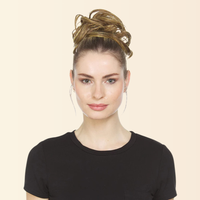
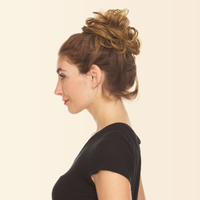
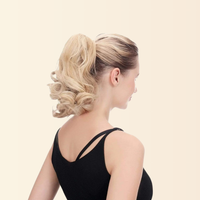
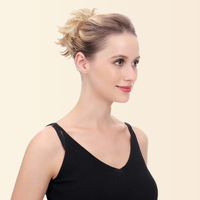

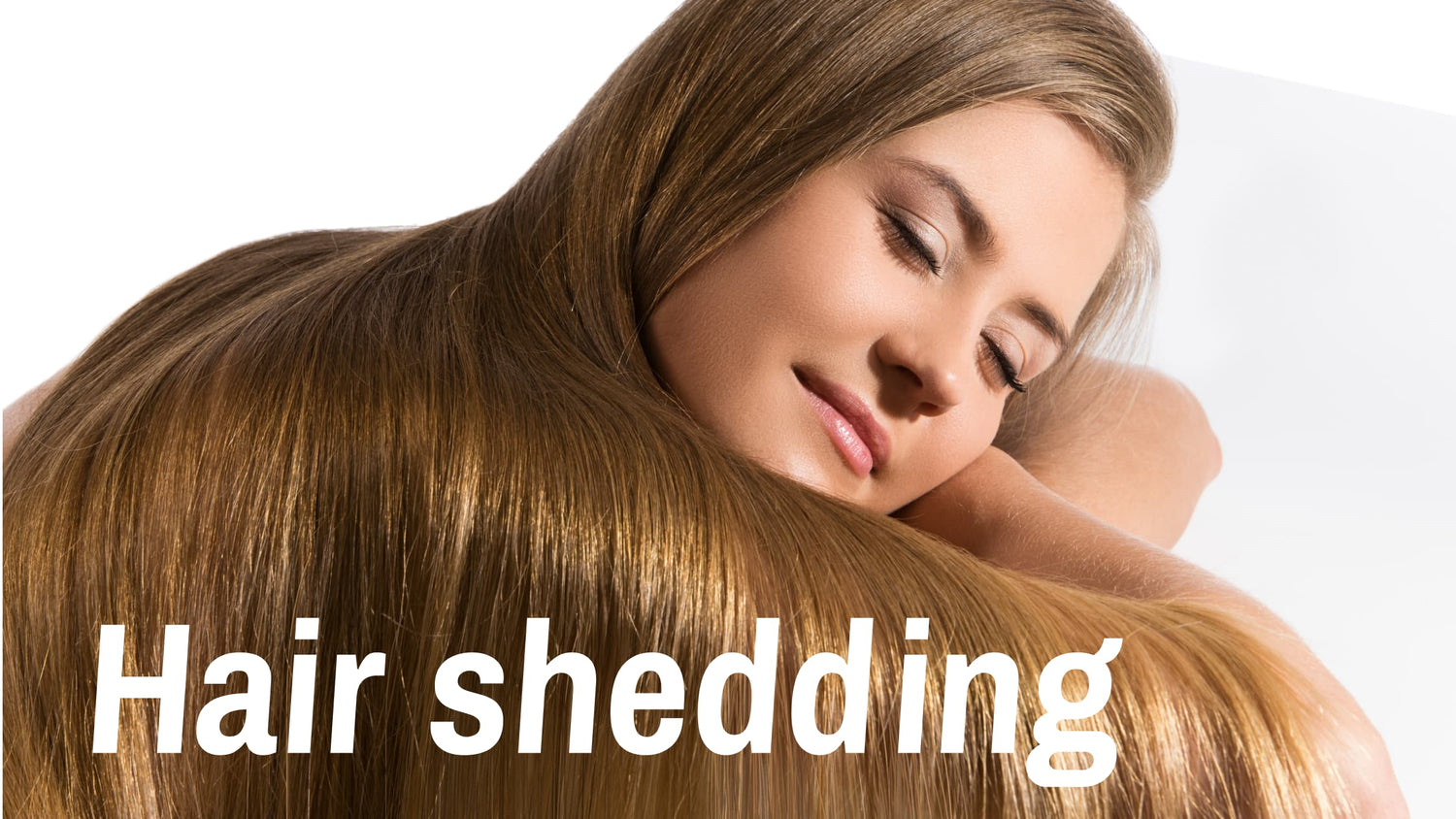
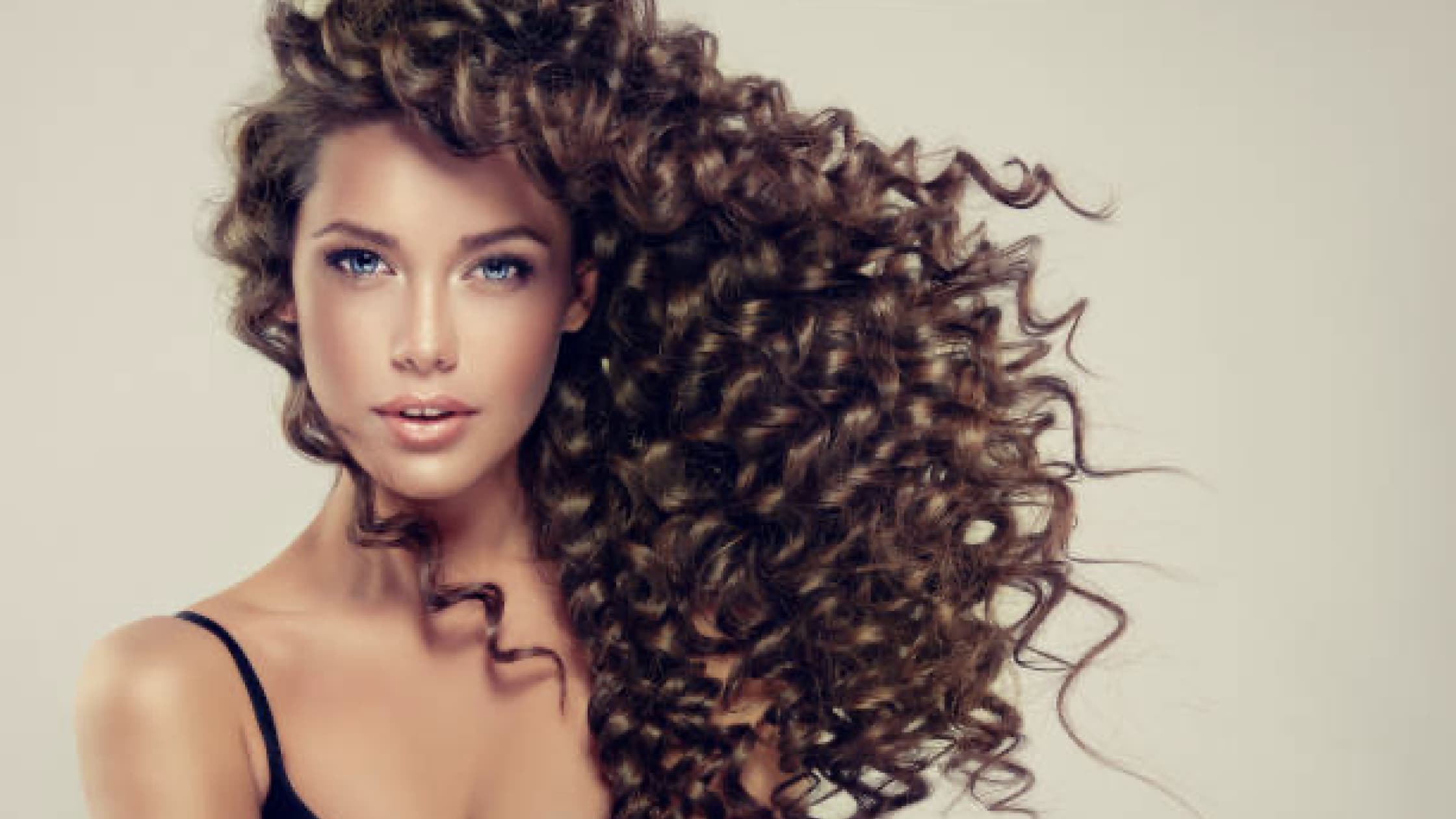
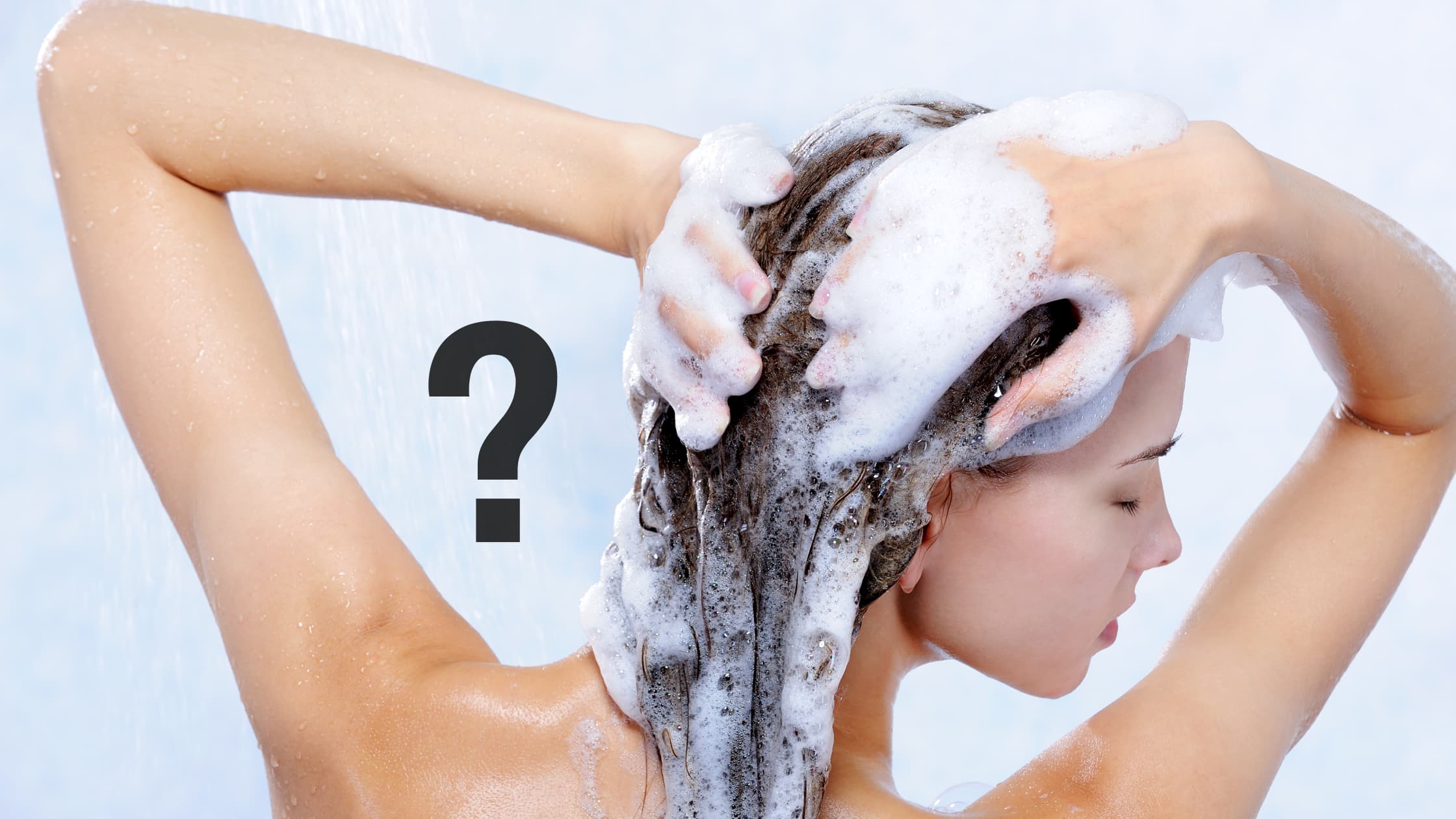
Leave a comment
This site is protected by hCaptcha and the hCaptcha Privacy Policy and Terms of Service apply.